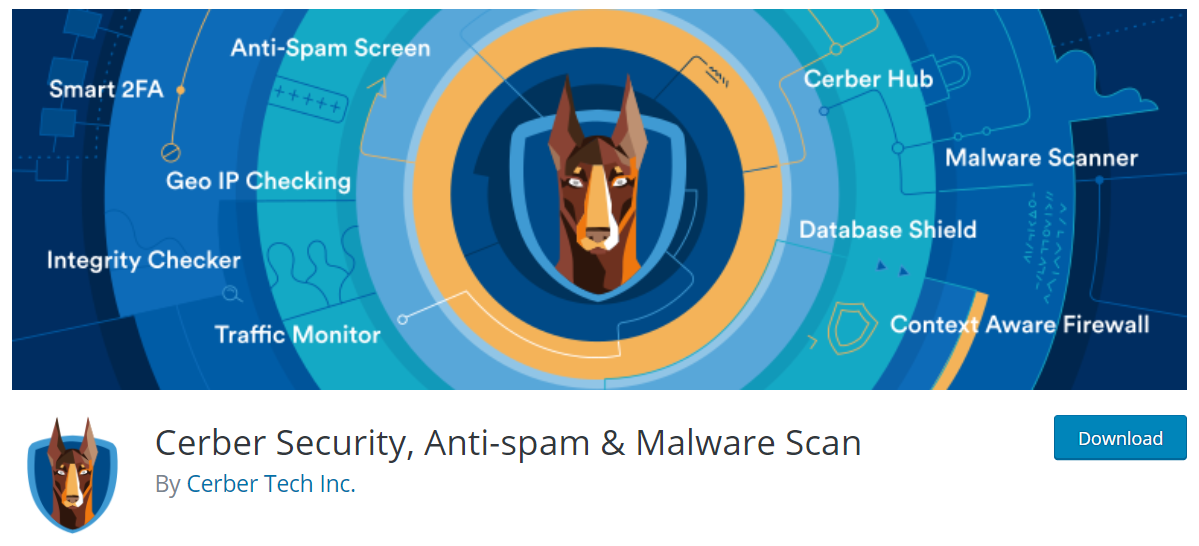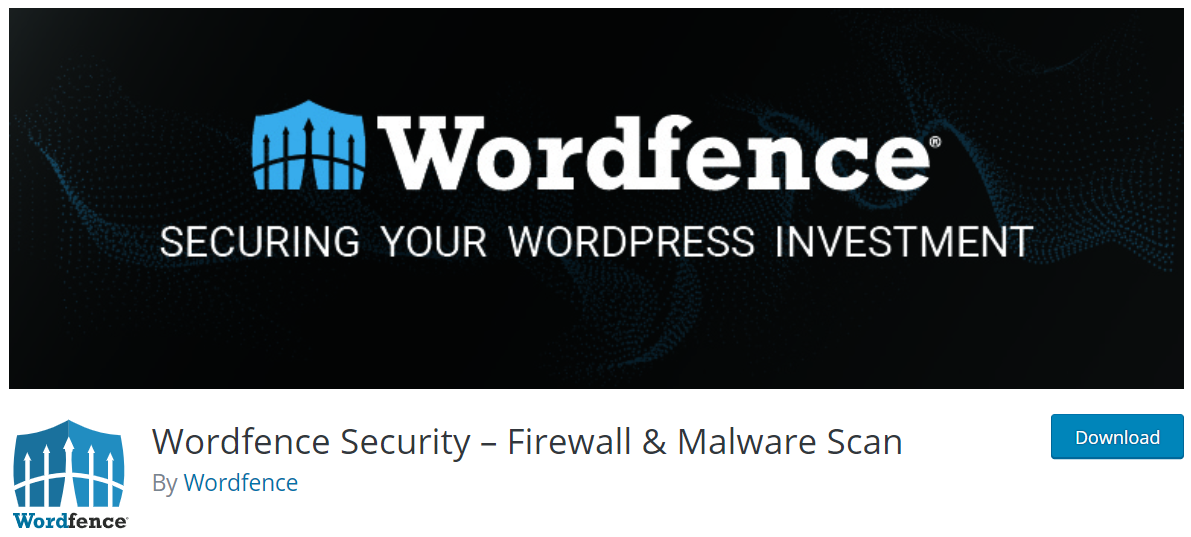23.11.2020
WordPress Issues
WordPress Website Guardians: Challenge Accepted
READING TIME: MIN
Table of Content
Today there are more than 1.8 billion websites worldwide, the number increases every second, and WordPress boots up more than 35% of them. For this reason, many hackers turn their attention to WordPress websites, trying to exploit the more vulnerable ones. Being hacked is one of the most unpleasant things your internet site can go through. Lucky for you, this is not a necessity. You can prevent this unfortunate event, following a few simple tips that can keep your website secured from hackers:
1. WordPress Security Plugin
A WordPress Security Plugin is of the utmost importance when talking about ill-wishers of your website. Bear in mind that different security plugins offer a different take on security, and this is something that has to draw your attention. Scanning, cleaning, protecting from spam or trojans are just some of the few options you can check when deciding which security plugin caters to your needs.
Your installation can be scanned for security breaches at any time you want, but you should know, removing a hack from the WordPress portal alone can be a difficult task for non-technical users.
A good idea is to install some plugins such as Wordfence or WP cerber, which can protect your online platform from malicious traffic. Both of them have free and also premium versions and offer you enterprise-class plugins that block out any attacks and malware, as well as coming up with the pledge of helping you protect your CMS.

2. WordPress Backup Plugin
Everything happens, so why not be prepared? Installing WordPress Backup Plugin will provide you with the peace of mind you demand and save you from the crisis moments if a problem arises. Accept the resources you will spend to find the right Backup Plugin as a worthy investment because, at the end of the day, the most expensive backup is the one you never did.
Don’t forget that you are responsible for keeping backups of your platform. When you install it, do not miss recollecting to use it on a regular basis.
In simpler words, we could say: Keep Calm & Install a Backup Plugin!
3. The SSL Certificate
The web site you are managing collects important data of the users as personal and financial information. An SSL Certificate takes care of the security of this information by establishing a trustful tight connection. It encrypts the user’s data, and because of that, it can’t be read by hackers even if they try to get their hands on it. Be sure you got your SSL Certificate so that you and your viewer can feel a sense of peace and protection.
4. Updates are cool!
Updating your WordPress website is one of the best things you can do to it. Not only it makes you look fresh and helps your business grow, but the security updates also protect it from malicious attacks. Modernizing your themes, plugins, or the core is an easy and affordable task.
You should check the features of your web area and ascertain whether there are some new updates. Also, you can open the dashboard where all the updates that concern you are located. Save a lot of stress and time in the future by being up-to-date with your website’s newest improvements.
Here are some examples of the things you should regularly check for updates:
- Plugins
- Server
- Themes
- Extensions
Don’t forget that the less updated your website is, the more vulnerable it becomes.
5. Geo-blocking
The big reach to your platform is great, but sometimes this reach can be achieved because of unwanted traffic from some country or location you do not cater to. There is a chance this could harm your site, making it slower or exhausting your server resources, therefore this will make it endangered and easier for hack attempts from malicious bots. If this situation happens to you, know that there is an option to ban IP addresses deriving from a particular region from visiting your site, called Geo-Blocking.
You have to install a Geo Blocker plugin that serves your requirements. With it, you can obstruct the reach of certain people, with the same geolocation, viewing your site, limit the piece of content they can visit, or stop the whole access to your page from them.
However, you still have the right to give access to certain visitors by putting their IP address in the “Allow list”. So if you feel uncomfortable with the thought that doubtful people have access to your database, save your nerves by getting a Geo-blocking Plugin.
6. Two Factor Authentication
Two-factor authentication is a method of logging into your WordPress website, not only by typing the username and the password but also by receiving a code to legitimize yourself. For this purpose, you have to connect your WordPress account to a mobile device of your choice. When you do it, every time you want to sign in to your account, you will receive a unique code on your mobile device that appears as a second authentication for your login page. This way, even if a hacker has success in guessing your password and username, he will have to access your gadget to see the verification code and manage to enter your profile.
In conclusion
Many successful businesses can be ruined with just some clicks that can tear them down. There are plenty of methods and options to protect your website from ill-wishers, and you should not underestimate them. Being up to date with the new trends or threats around the malware on the Internet will spare you some worries.
In other words: Be careful! Don’t forget that your website contains too much data to risk it. If you’re not sure how to secure yourself, research the WordPress agencies. They have dealt with hackers and malware many times, and this shall not be an impossible task.
More on The Topic
- Managing Technical Debt in WordPress Projects
- Leadership in Open-Source Ecosystems
- Custom Post Types Outliving Their Purpose
- WordPress Multisite and Invisible Bottlenecks
- 4 Indicators Your WordPress Website Is Being Hacked
The content of this website is copyrighted and protected by Creative Commons 4.0.




